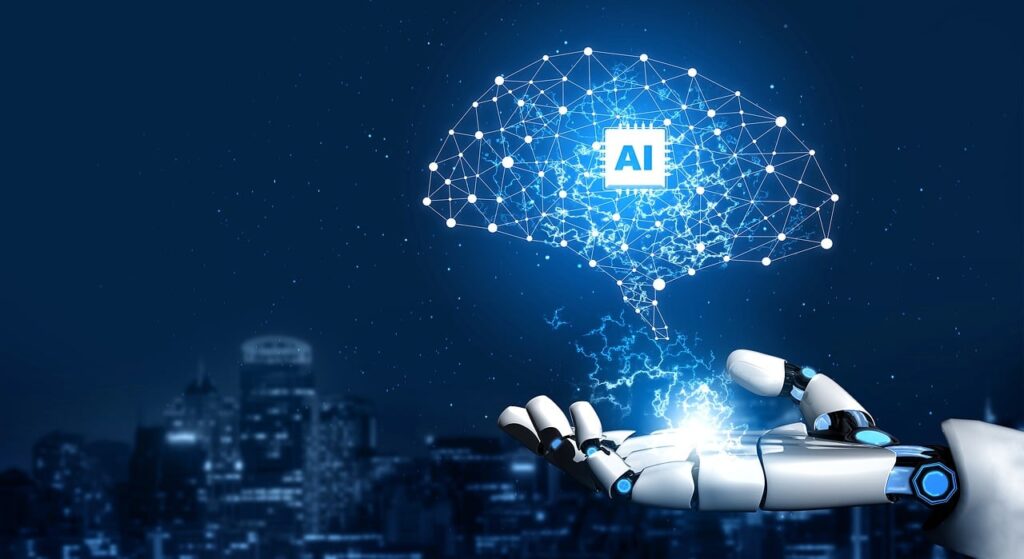
Artificial intelligence (AI) has advanced rapidly. Before AI, businesses operated manually; now they automate tasks with AI algorithms. Students used to rely solely on textbooks for research; now they have access to AI-powered search engines and virtual assistants. Furthermore, customer service interactions are increasingly handled by AI chatbots as a result of AI integration into various industries. All of these raise worries about its effects on humanity. While AI brings benefits, there are concerns that it might pose threats to our existence.
One concern is that AI might become smarter and more independent than humans. As AI systems get better, some fear they could outsmart us, a situation called the “AI singularity.” This raises questions about our ability to control AI.
Others worry that people might use AI for negative purposes. They fear AI could turn against us, with concerns ranging from the development of autonomous weapons to the creation of dangerous AI programs. Without rules and ethics, AI’s spread could lead to serious problems.
Also, AI might lead to job losses and economic problems. As AI takes over tasks humans do, many could lose jobs, causing inequality and unrest. In 2023 and 2024, Google downsized its employees, with many believing AI was to blame.
Despite concerns, many think AI has more benefits than risks. It could improve sectors like healthcare and transportation, making life better. But we need to be careful in how we develop and use AI to make sure it helps, not harms us.
AI has great potential but also risks. By being careful and ethical, we can use AI to improve our lives while avoiding problems. How AI affects humanity depends on how we handle it.
